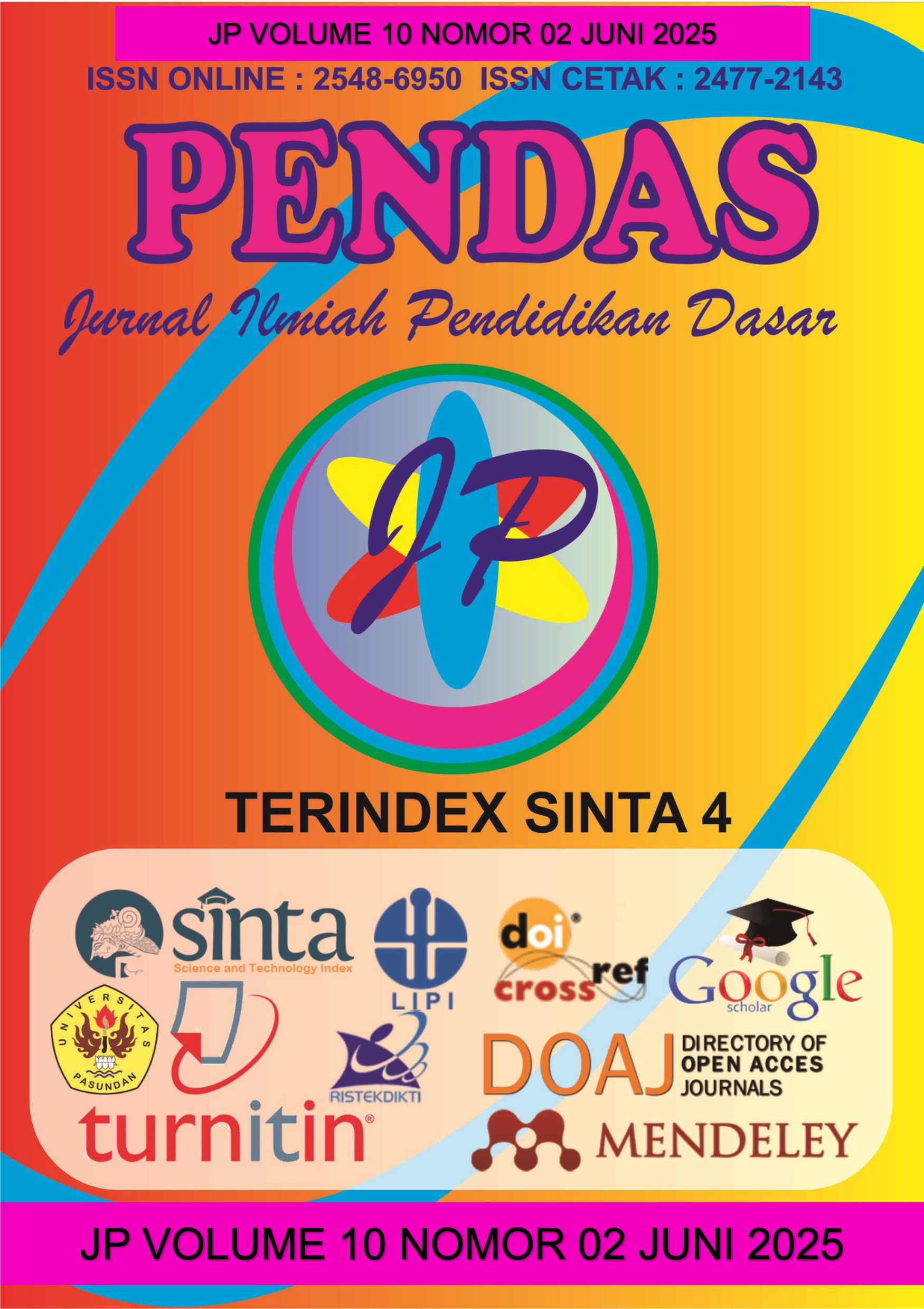The REFORMASI KURIKULUM DALAM KONTEKS DESENTRALISASI: ANALISIS KRITIS TERHADAP TIGA STUDI TERKAIT
DOI:
https://doi.org/10.23969/jp.v10i02.25698Keywords:
curriculum reform, decentralization, Merdeka CurriculumAbstract
Curriculum change responds to global challenges and local demands for improving education quality. In Indonesia, the Merdeka Curriculum reflects a reform initiative focusing on flexibility, differentiated learning, and the development of character and 21st-century competencies. However, its implementation faces various obstacles, particularly within decentralized education systems. This study aims to critically examine curriculum change dynamics using a qualitative approach through a literature review method. Three core articles were analyzed: ICT and Curriculum Change (Voogt & Pelgrum, 2005), Curriculum Reform in Indonesia (Simarmata & Mayuni, 2023), and Curriculum Reform in the Decentralization of Education in Indonesia (Dewi, 2021). Thematic content analysis was applied to explore background issues, implementation strategies, and the challenges and implications of curriculum reform. The findings reveal a significant gap between policy and practice, as well as disparities in regional capacities that hinder effective reform. Strengthening synergy among curriculum design, teacher training, local institutional capacity, and adaptive evaluation is essential to ensure meaningful educational transformation in Indonesia.
Keywords: curriculum reform, decentralization, Merdeka Curriculum
Downloads
References
Bray, M. (1996). Decentralization of education: Community financing. World Bank.
Dewi, A. U. (2021). Curriculum reform in the decentralization of education in Indonesia: Effect on students’ achievements. Cakrawala Pendidikan, 40(1), 158–167. https://doi.org/10.21831/cp.v40i1.33821
Simarmata, H. A., & Mayuni, I. (2023). Curriculum reform in Indonesia: From competency-based to freedom of learning. International Journal of Pedagogical Novelty, 2(2), 1–13. https://jurnal.pustakagalerimandiri.co.id/index.php/IJOPNOV/article/view/109
Kuiper, & U. Hameyer (Eds.), Curriculum landscapes and trends (pp. 1–10). Springer.
Tyler, R. W. (1949). Basic principles of curriculum and instruction. University of Chicago Press.
Van den Akker, J. (2003). Curriculum perspectives: An introduction. In J. van den Akker, W.
Voogt, J., & Pelgrum, H. (2005). ICT and curriculum change. Human Technology: An Interdisciplinary Journal on Humans in ICT Environments, 1(2), 157–175. https://doi.org/10.17011/ht/urn.2005356
Vygotsky, L. S. (1978). Mind in society: The development of higher psychological processes. Harvard University Press.
Downloads
Published
Issue
Section
License
Copyright (c) 2025 Pendas : Jurnal Ilmiah Pendidikan Dasar

This work is licensed under a Creative Commons Attribution 4.0 International License.



















